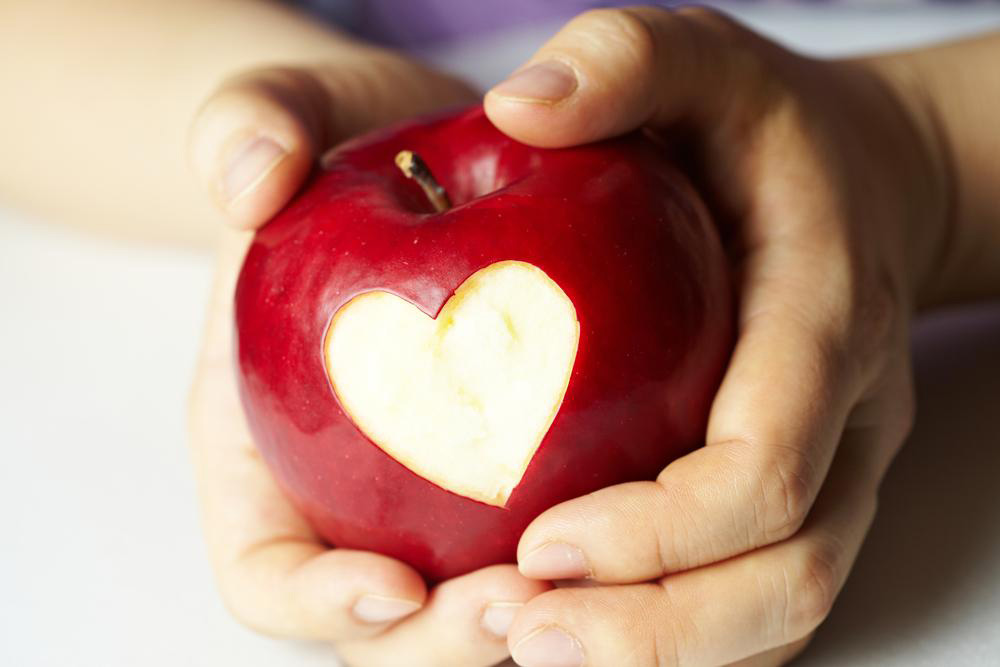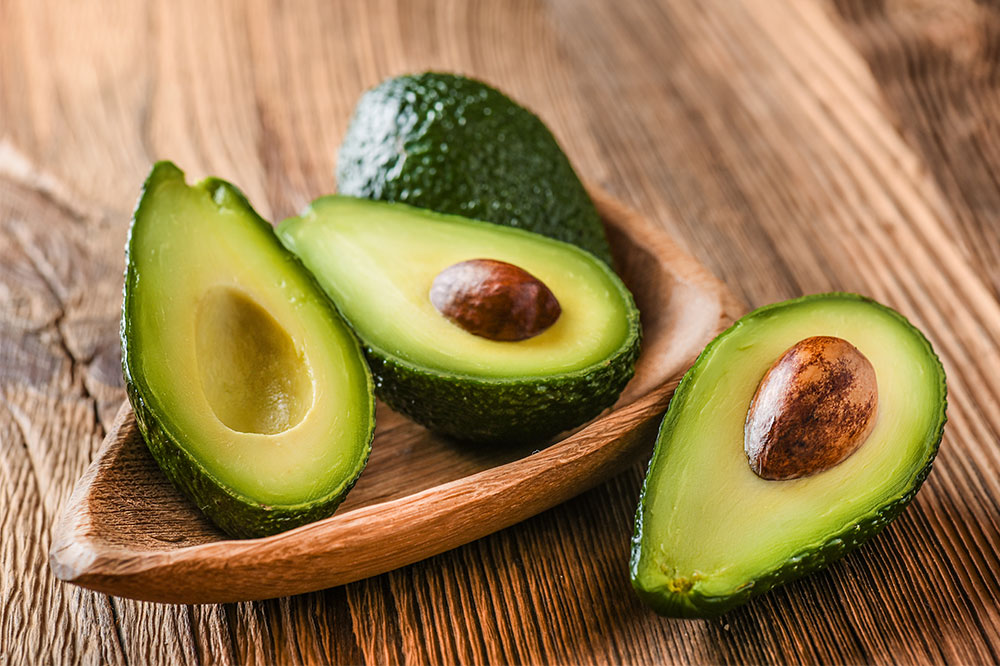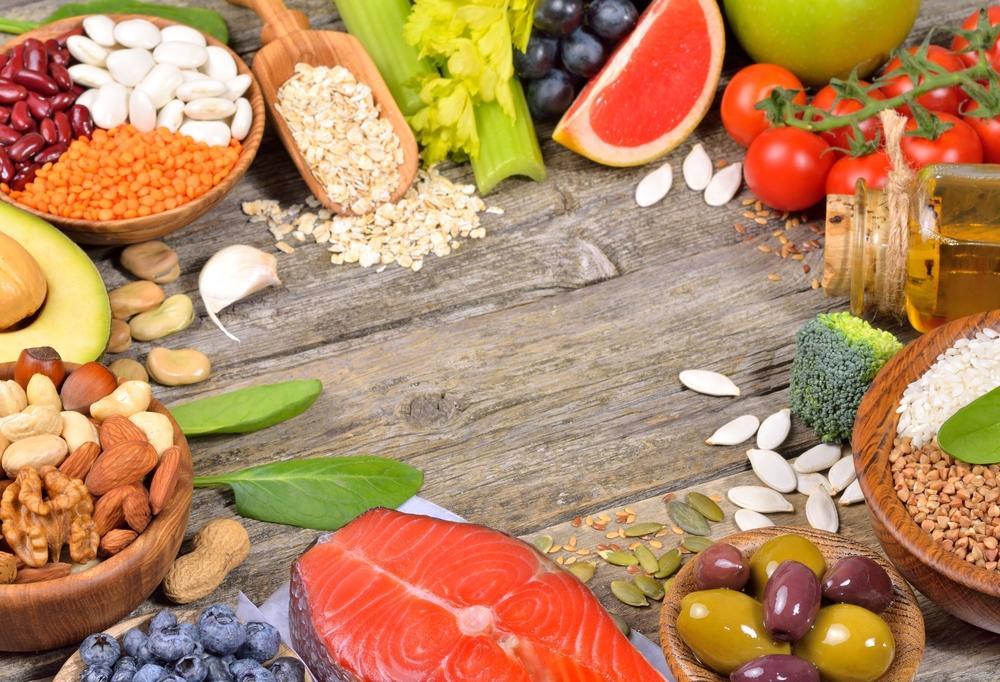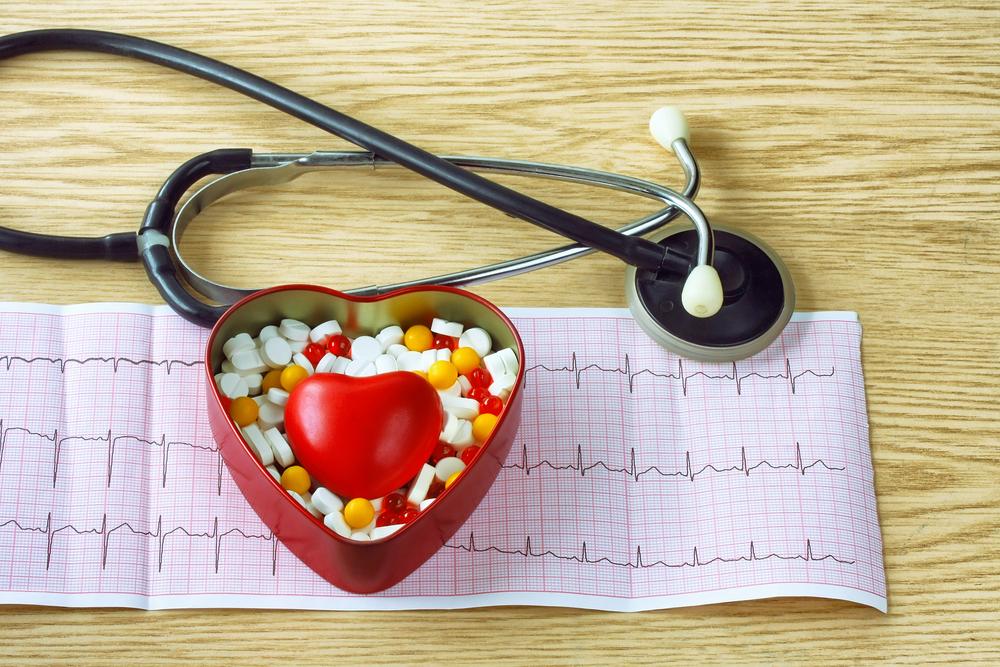Essential Heart-Healthy Superfoods to Effectively Reduce Cholesterol Levels
Discover 12 powerful superfoods scientifically proven to lower LDL cholesterol and enhance heart health. From oats and legumes to fatty fish and nuts, learn how these nutrient-dense foods can help reduce cardiovascular risk naturally. Incorporate these foods into your daily diet for improved cholesterol management, better vascular function, and long-term heart wellness, supported by a balanced lifestyle.
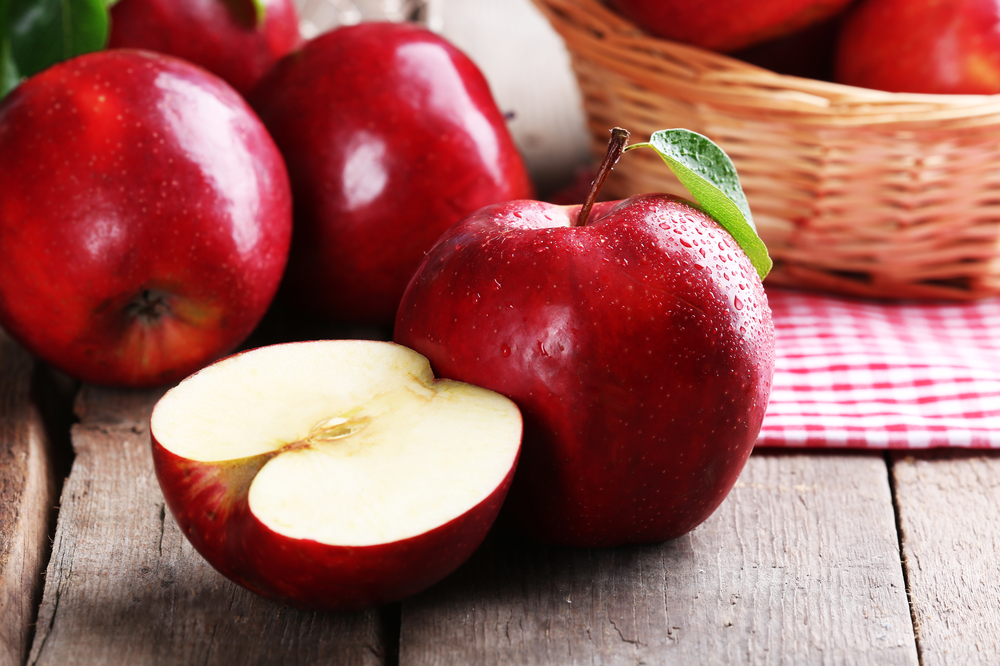
Essential Heart-Healthy Superfoods to Effectively Reduce Cholesterol Levels
Cardiovascular health is a vital aspect of overall well-being, and managing cholesterol levels is fundamental to maintaining a healthy heart. According to recent data from the CDC, nearly 94 million adults in the United States have total cholesterol readings exceeding 200 mg/dL, which significantly increases their risk for heart disease and stroke. While medication can help, dietary choices play a crucial role in naturally lowering bad cholesterol (LDL) and promoting cardiovascular health. Incorporating specific nutrient-rich superfoods into your daily diet can be an effective, natural strategy to improve lipid profiles and support long-term heart health.
In this comprehensive guide, we will explore the top 12 superfoods scientifically proven to help lower cholesterol. From fiber-packed grains to heart-friendly fats, these foods not only help reduce LDL cholesterol but also offer additional health benefits such as antioxidant properties, anti-inflammatory effects, and improved vascular function. Whether you’re looking to make small dietary changes or overhaul your eating habits, knowing which foods support heart health is the first step toward a healthier, longer life.
Understanding that not all cholesterol is harmful is essential—it's the excess LDL cholesterol that contributes to arterial plaque buildup, leading to blockages and cardiovascular events. The good news is that several foods can naturally target and diminish harmful cholesterol levels while boosting HDL ('good') cholesterol. By incorporating these superfoods into your meals, you can create a heart-healthy eating plan that is both enjoyable and sustainable.
1. Oats: Starting your day with oats is one of the most effective ways to lower cholesterol. Rich in soluble fiber called beta-glucan, oats help reduce LDL by binding to cholesterol molecules in the digestive system and removing them from the body. Additionally, oats contain antioxidants and other phytochemicals that support cardiovascular health. You can enjoy oats as a hot bowl of oatmeal, add them to smoothies, or include oats in baked goods for a nutritious boost.
2. Legumes: Beans, lentils, chickpeas, and other legumes are powerhouse foods for heart health. They are exceptional sources of soluble fiber, plant sterols, and antioxidants. These nutrients work synergistically to lower LDL cholesterol by blocking its absorption in the gut and reducing liver production. Legumes are incredibly versatile—you can incorporate them into salads, soups, stews, or as a side dish—making them an easy addition to your daily diet.
3. Eggplant and Okra: These vegetables are not only delicious but also highly beneficial for heart health. Both are loaded with dietary fiber, which binds to bile acids in the gut, promoting the excretion of fats and lowering cholesterol levels. Their antioxidant compounds also combat oxidative stress, reducing inflammation and supporting arterial health. Include eggplant and okra in stir-fries, curries, or simply roast them for a healthy side dish.
4. Whole Grains and Barley: Whole grains, including oats, quinoa, and brown rice, are excellent sources of dietary fiber, antioxidants, and plant sterols that inhibit cholesterol absorption. Barley, in particular, is rich in soluble fiber and selenium—a mineral known for its anti-inflammatory and antioxidative properties. By swapping refined grains for whole grains, you enhance your diet’s ability to manage cholesterol levels effectively.
5. Nuts: Incorporating nuts into your diet can significantly influence cholesterol profiles. Nuts like walnuts, almonds, and pistachios contain healthy monounsaturated and polyunsaturated fats, fiber, antioxidants, and plant sterols, all of which contribute to lowering LDL cholesterol. Walnuts are especially high in omega-3 fatty acids, which are known for their anti-inflammatory properties and cardiovascular benefits. Enjoy a handful of mixed nuts as a snack, sprinkle them over salads, or add them to morning oatmeal.
6. Apples: Apples are a convenient and delicious source of dietary fiber, particularly soluble fiber called pectin, which helps lower LDL cholesterol. They also contain powerful antioxidants like quercetin and flavonoids, which protect blood vessels from oxidative damage. Eating apples fresh, adding slices to salads, or making homemade applesauce are tasty ways to include this superfood in your daily routine.
7. Heart-Healthy Vegetable Oils: Choosing the right cooking oils is crucial for heart health. Oils like avocado oil, canola oil, and extra virgin olive oil are rich in monounsaturated fats, which can improve cholesterol profiles by reducing LDL and increasing HDL levels. These oils are versatile—they can be used in salad dressings, sautéing, or drizzling over cooked dishes to enhance flavor and health benefits.
8. Citrus Fruits: Fruits such as oranges, grapefruits, lemons, and limes are packed with soluble fiber, antioxidants, and vitamin C. These nutrients help reduce oxidative stress, which is linked to the development of atherosclerosis, and support capillary health. Including citrus fruits in your daily diet can be as simple as starting your morning with fresh orange juice or adding lemon slices to your water and salads for a zesty flavor boost.
9. Foods Fortified with Sterols and Stanols: Plant sterols and stanols are compounds naturally found in small amounts in certain plant-based foods. They work by blocking cholesterol absorption in the intestines, thereby reducing overall blood cholesterol levels. Many products are now fortified with these compounds, including spreads, orange juice, and dairy products. Incorporating such fortified foods can be an easy way to enhance your cholesterol-lowering diet.
10. Strawberries: Bright red and sweet, strawberries are a delightful addition to a heart-healthy diet. They contain high levels of dietary fiber, antioxidants, and plant sterols. These nutrients help lower LDL cholesterol and prevent oxidative damage to blood vessels. Use strawberries in smoothies, salads, or as a topping for yogurt and cereals for a nutritious, flavorful treat.
11. Fatty Fish: Fish rich in omega-3 fatty acids, such as salmon, mackerel, sardines, and trout, are excellent for reducing bad cholesterol levels and decreasing inflammation within blood vessels. Regular consumption of fatty fish has been linked to a lower risk of cardiovascular events. Grilled, baked, or poached fish makes a healthy main course, providing an abundance of heart-protective omega-3s.
12. Soy Products: Tofu, tempeh, edamame, and other soy-based foods are plant-based proteins that have been shown to lower LDL cholesterol. They are high in fiber, isoflavones, and antioxidants, which prevent cholesterol absorption and reduce inflammation. Incorporating soy into your meals can be an effective strategy for supporting cardiovascular health, whether in stir-fries, salads, or as meat substitutes.
By integrating these superfoods into your daily diet, you can naturally and effectively manage cholesterol levels, reduce your risk of heart disease, and promote overall cardiovascular wellness. Remember, a balanced diet combined with regular exercise and healthy lifestyle habits forms the cornerstone of heart health. Tailor your food choices to suit your taste and nutritional needs to enjoy a healthier life, free from the burdens of high cholesterol.
